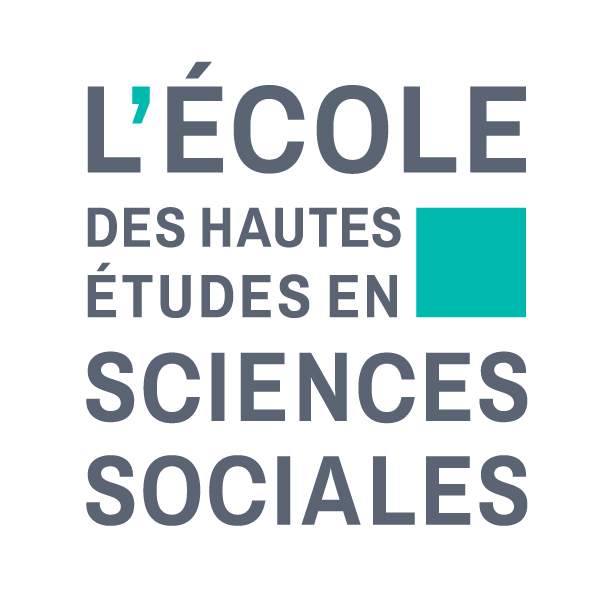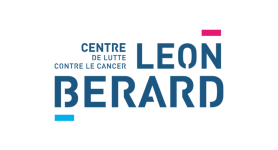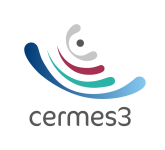
Transformations of cancer in the era of globalized health capitalism and genomics. Innovation, care, experiences
Organized by Catherine Bourgain, Claire Beaudevin and Théau Brigand
Campus Condorcet-Centre de colloques / Salle 3.10
Centre de colloques, Cours des humanités 93300 Aubervilliers
monthly session, first Friday, 13:30-16:30
Synopsis - In both the global Norths and Souths, since the early 2000s, the development of “precision medicine” through immunotherapies and genomic medicine has reactivated the great tale of victory over cancer. For many stakeholders (clinicians, public authorities, pharmaceutical companies, health companies, patient associations…) the combined progress of genomics and big data has renewed hope for a victory against a disease that has become one of the major priorities in the global North in the past century. This promise unfolds in conjunction with various therapeutic innovations present on the market for less than two decades. These new treatments include tumor-specific genetic alterations (targeted therapies) or genetically modifying patients’ cells (gene therapies). Similar to new methods of genetic screening, they are presented as “breakthrough innovations” capable of radically transforming the way cancer is approached clinically and therapeutically. Beyond a simple transformation of the way the disease is managed, some actors in oncology consider that new treatments and genomic medicine even transform the disease itself: in terms of nosology, it would soon fall within the field of rare diseases and clinically, it would become a disease treatable at home. In addition, the implementation of this “precision” medicine in the field of cancer goes along with discourses announcing a new economic era for oncology therapeutics and their markets. Across global Norths, these transformations participate in a broader political shift, in which healthcare is framed no longer as a financial burden for health systems but rather as a source of profit and “value creation”.
In this seminar series, we intend to study these transformations in the fields of cancer control, genetics and more broadly health. We aim at understanding cancer at two complementary levels: on the one hand as an analyzer, and sometimes a laboratory, for social, political and economic change; and on the other hand, as a lived experience of capitalism.
In order to do so, the program combines approaches from history, sociology, anthropology, economics and political science, with or without a focus on cancer. It will deal with themes such as: markets for globalized drugs and tests; prescription logics and practices; transformations in the organization and practices of care and research; potential changes in disease and care experiences; dynamics of production and circulation of genetic and genomic knowledge and practices.
Friday, Oct 7th, 2022
- Introduction générale au séminaire (Catherine Bourgain, Théau Brigand, Claire Beaudevin)
- Intervention d'Alexis Rayapoullé (AP-HP, Espace éthique Ile-de-France), « Preuve scientifique et innovation thérapeutique. La régulation de la biotechnologie CAR-T pour le traitement des cancers hématologiques »
Friday, Nov 4th, 2022 : Value
Lecture collective d'articles (voir Moodle du cours pour les fichiers, ou écrire aux enseignantes)
- Ignacia Arteaga Pérez, Sahra Gibbon & Anne Lanceley (2022), Therapeutic Values in Cancer Care, Medical Anthropology, 41:2, 121-128, DOI: 10.1080/01459740.2021.2021902
- Sarah Wadmann & Amalie Martinus Hauge (2021), Strategies of stratification: Regulating market access in the era of personalized medicine, Social Studies of Science, Social Studies of Science, 51:4, 628–653, DOI: 10.1177/03063127211005539
- Liliana Doganova (2015), Que vaut une molécule ? Formulation de la valeur dans les projets de développement de nouveaux médicaments. Revue d'anthropologie des connaissances, 9:1, 17-38, DOI: 10.3917/rac.026.0017
Friday, Dec 2nd, 2022 : Drug economy and valorization of molecules
- Vololona Rabeharisoa (Mines Paris Tech), « Price as an epistemic and a political object: An inquiry into 'the most expensive drug ever' »
Friday, Jan 6th, 2023 : Prediction
- Giulia Anichini (Nantes Université), « Tensions normatives dans la conception de nouveaux outils prédictifs computationnels : le cas de la radiomique »
Friday, Feb 3rd, 2023 :
Collective reading
- Anne Kerr, Choon Key Chekar, Julia Swallow, Emily Ross & Sarah Cunningham-Burley (2021) Accessing targeted therapies for cancer: self and collective advocacy alongside and beyond mainstream cancer charities, New Genetics and Society, 40:1, 112-131, DOI: 10.1080/14636778.2020.1868986
- Céline Gabarro, Sandrine Knobé et Emilien Schultz (2021) « Le paysage associatif du cancer : quelles spécificités pour les associations de parents ? », Anthropologie & Santé [En ligne], 23 | 2021, mis en ligne le 28 juillet 2021, http://journals.openedition.org/anthropologiesante/9749
- Sandrine Knobé (2019) « Associations de lutte contre le cancer et politisation : quels rôles des patients ? » in Patrick Castel et al., Les politiques de lutte contre le cancer en France, Presses de l’EHESP.
Friday, march 3rd, 2023 : « BRCA »
- Abril Saldaña (Universidad de Guanajuato, Mexique), « Women and breast cancer in XX century Mexico: international news agencies, authoritative knowledge and the emergence of technological engagements for the post/genomic era »
- Alexandra Roux (Iris, Paris), « À vos risques. Prêtes ? Classées ! L'estimation de risque dans le projet MyPeBS de dépistage du cancer du sein : quel impact sur les femmes catégorisées, quels enjeux éthiques et sociologiques ? »
Friday, April 7th, 2023 :
- Maëlle de Sèze (Think thank Santé mondiale 2030), « "'Faire avec ce qu'il y a" : penser les stratégies de prise en charge des cancers en Afrique Subsaharienne et Amazonie Brésilienne »
Friday, June 2nd, 2023 :
- Sylvain Besle (CLB / Univ. Lyon 1), Estelle Vallier (CLB / IGR), Mathis Bernard (Université Lyon 2-Triangle) et Théau Brigand (EHESS-Cermes3), "Molécules expérimentales en cancérologie, vers l'établissement de marchés du précoce"








